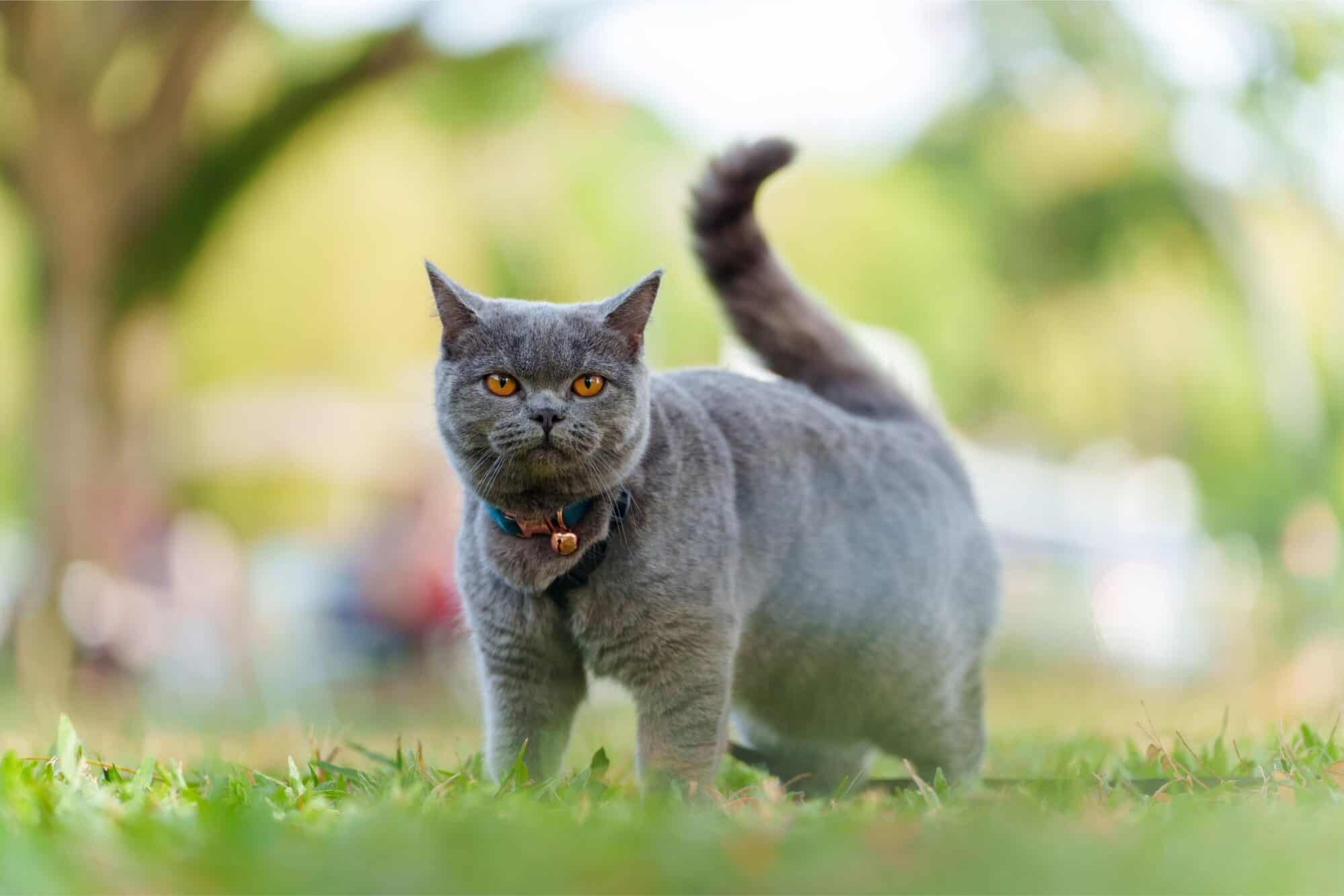What Is Feline Pancreatitis?

Feline pancreatitis is a condition that affects many cats, yet it remains underrecognized by pet owners. At Cherry Creek Animal Hospital, we understand how upsetting it can be when your feline friend falls ill. In this post, we explain feline pancreatitis, explore its signs and symptoms, and discuss diagnosis and treatment options.
Understanding Feline Pancreatitis
Feline pancreatitis is an inflammation of the pancreas, a small, but critical organ that aids in digestion and helps regulate blood sugar. When the pancreas becomes inflamed, its functions can be compromised, leading to a range of digestive issues.
Cat pancreatitis can be acute, with sudden and severe symptoms, or chronic, developing gradually with more subtle signs. Although the precise cause isn’t always straightforward, factors such as stress, infections, or dietary indiscretions may contribute to the onset of inflammation. It’s important to note that pancreatitis sometimes appears alongside other health issues, including diabetes, which can further complicate your cat’s condition.
Recognizing the Signs
Early detection of feline pancreatitis can significantly affect your pet’s recovery. The symptoms can be vague and overlap with other conditions, so it’s essential to watch your cat’s behavior closely. Every cat is unique—some may show only a few signs, while others might exhibit multiple symptoms. Common indicators include:
- Vomiting: Cats with an inflamed pancreas often experience bouts of vomiting as their digestive system struggles.
- Lethargy: A noticeable drop in energy levels or reluctance to play may signal discomfort.
- Loss of Appetite: A sudden disinterest in food is a red flag that something isn’t right.
- Abdominal Discomfort: Your cat may exhibit pain when you gently palpate its abdomen or assume a hunched posture.
If you observe any of these symptoms, schedule a veterinary visit promptly. Timely intervention can help prevent complications and support a faster recovery.
Diagnosis and Treatment Options
Because its symptoms often mimic those of other illnesses, diagnosing feline pancreatitis can be challenging. A veterinarian will typically perform a series of diagnostic tests, which may include blood work, abdominal ultrasounds, and a thorough review of your cat’s medical history to determine whether the feline pancreas is inflamed. Treatment plans are designed to reduce inflammation, manage pain, and support your pet’s overall health. Common treatment steps include:
- Fluid Therapy: This helps combat dehydration and supports the function of vital organs.
- Pain Management: Medications are administered to keep your cat comfortable during recovery.
- Dietary Adjustments: A low-fat diet is often recommended to ease the digestive workload.
- Monitoring for Diabetes: Since pancreatitis can increase the risk of diabetes, regular blood sugar checks may be part of your cat’s ongoing care.
These treatment strategies aim to stabilize your cat’s condition and minimize the impact of inflammation, allowing your cat to return to a happy, active life.
Supporting Your Cat at Home
Beyond professional care, there are several steps you can take at home to support your feline friend. Start by monitoring your cat’s eating habits, energy levels, and overall demeanor. Maintaining a balanced diet and a stress-free environment can contribute significantly to your pet’s recovery.
Regular veterinary check-ups are also crucial, as they help catch any recurring issues early. Combining attentive home care with expert guidance can help ensure your cat stays as comfortable and healthy as possible.
Partnering With Your for Your Cat’s Well-Being
If you notice any concerning signs or have questions about your cat’s health, please call us at (916) 349-2755. Our dedicated veterinarians and staff are here to support you and your cat every step of the way.
